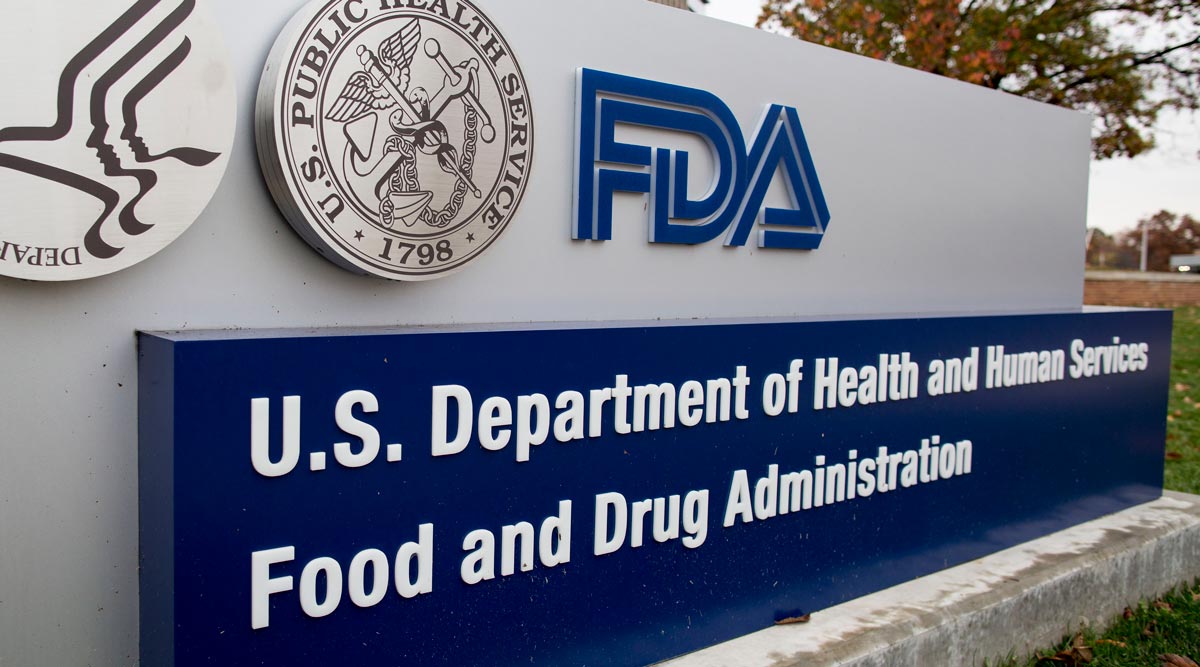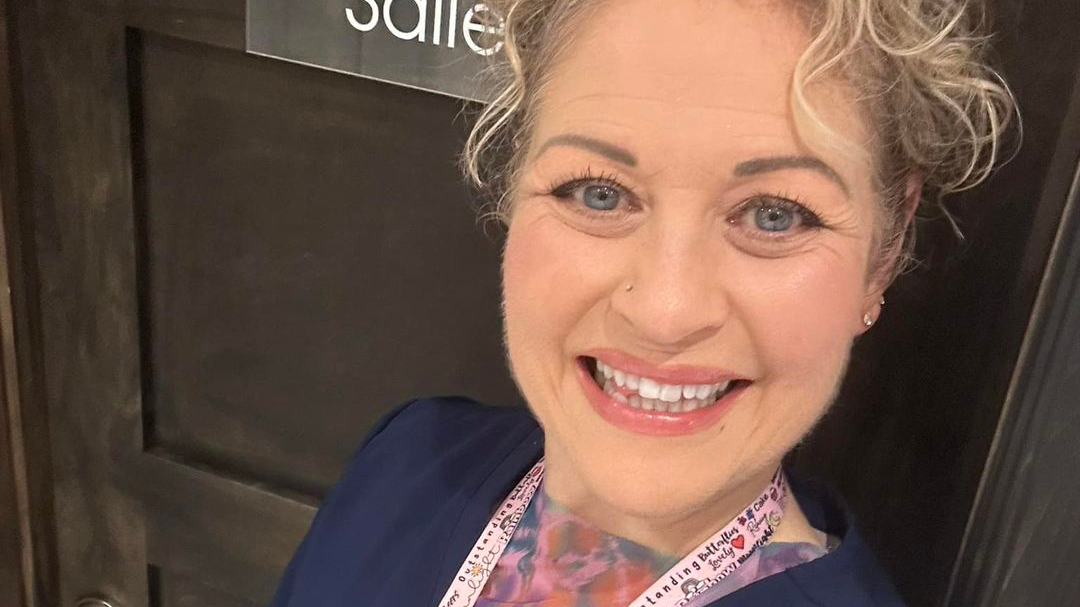The U.S. Food and Drug Administration announced last week its latest guidelines for breast implant manufacturers, recommending companies inform patients that their products have been associated with a type of cancer and other side effects.
The FDA’s labeling recommendations for a black box warning, the agency’s most stringent alert, apply to breast implants filled with saline or silicone gel but are not legally binding.
“As new information has become available about the risks and complications of breast implants, it is critical that women have access to information they need to make informed decisions,” Binita Ashar, director of the Office of Surgical and Infection Control Devices in the FDA’s Center for Devices and Radiological Health, said in a statement.
In 2018, the International Consortium of Investigative Journalists’ Implant Files investigation revealed that thousands of women around the world were reporting serious illnesses after receiving breast implants.
Patients reported suffering from a cluster of ailments, sometimes referred to as breast implant illness, which includes autoimmune disorders as well as fatigue, joint and muscle pain, and cognitive decline. Hundreds of women were also diagnosed with a rare form of cancer called breast implant-associated anaplastic large cell lymphoma, or BIA-ALCL.
ICIJ’s investigation revealed how health authorities around the world often fail to protect millions of patients from poorly tested implants and struggle to quickly identify hazardous medical devices after they are released.
A study released in July provided additional evidence to support the existence of breast implant illness and found that the women who participated in the survey experienced significant relief from their symptoms within 30 days of having their implants removed.
According to the latest FDA guidelines, before implantation, breast implant manufacturers should provide patients with a booklet including the boxed warning and a decision checklist to inform the patients about risks associated with the implants. After surgery, patients should receive a device card with information about their specific device.
The new labeling should also include rupture screening recommendations for physicians and patients, including the use of ultrasound or magnetic resonance imaging for both asymptomatic and symptomatic patients.
Such guidelines remain suggestions and are not legally enforceable.
“Fundamentally, the boxed warning and patient decision checklist encourage conversations between patients and physicians, as well as informed decision making,” an FDA spokeswoman told ICIJ.
“These labeling recommendations are intended to enhance, but not replace, the physician-patient discussion of the benefits and risks of breast implants that uniquely pertain to individual patients,” the spokeswoman wrote in an email.
The suggested warning would help ensure that patients understand that the chances of developing health issues associated with the implants increase over time and that they may suffer from complications such as BIA-ALCL, a cancer of the immune system.
The American Society of Plastic Surgeons recently reported 964 suspected and confirmed BIA-ALCL cases worldwide and 36 known deaths. The first case was reported in 1997.
FDA officials and a group of experts began discussing these recommendations in March 2019 during a two-day meeting that was attended by dozens of women who said they had suffered from a variety of illnesses after they received breast implants, including cancer.
Maria Gmitro, the president of the Breast Implant Safety Alliance, welcomed the FDA’s decision.
“We are happy they have taken a step in the right direction in warning patients,” she said. “However, [the black box warning] should be enforceable instead of a recommendation.”
Frustrated with regulators’ response over the years, Gmitro and others have organized patient advocacy groups and become a growing force in the U.S., pressing the FDA for stronger oversight of breast implants.
Her organization has also begun to identify state legislators who could pass bills requiring surgeons to provide patients with a list of possible health risks associated with breast implants, similar to a bill recently passed in Arizona. Grassroot campaigns for such legislation are also underway in California, Pennsylvania, Florida, Arkansas and Virginia.







